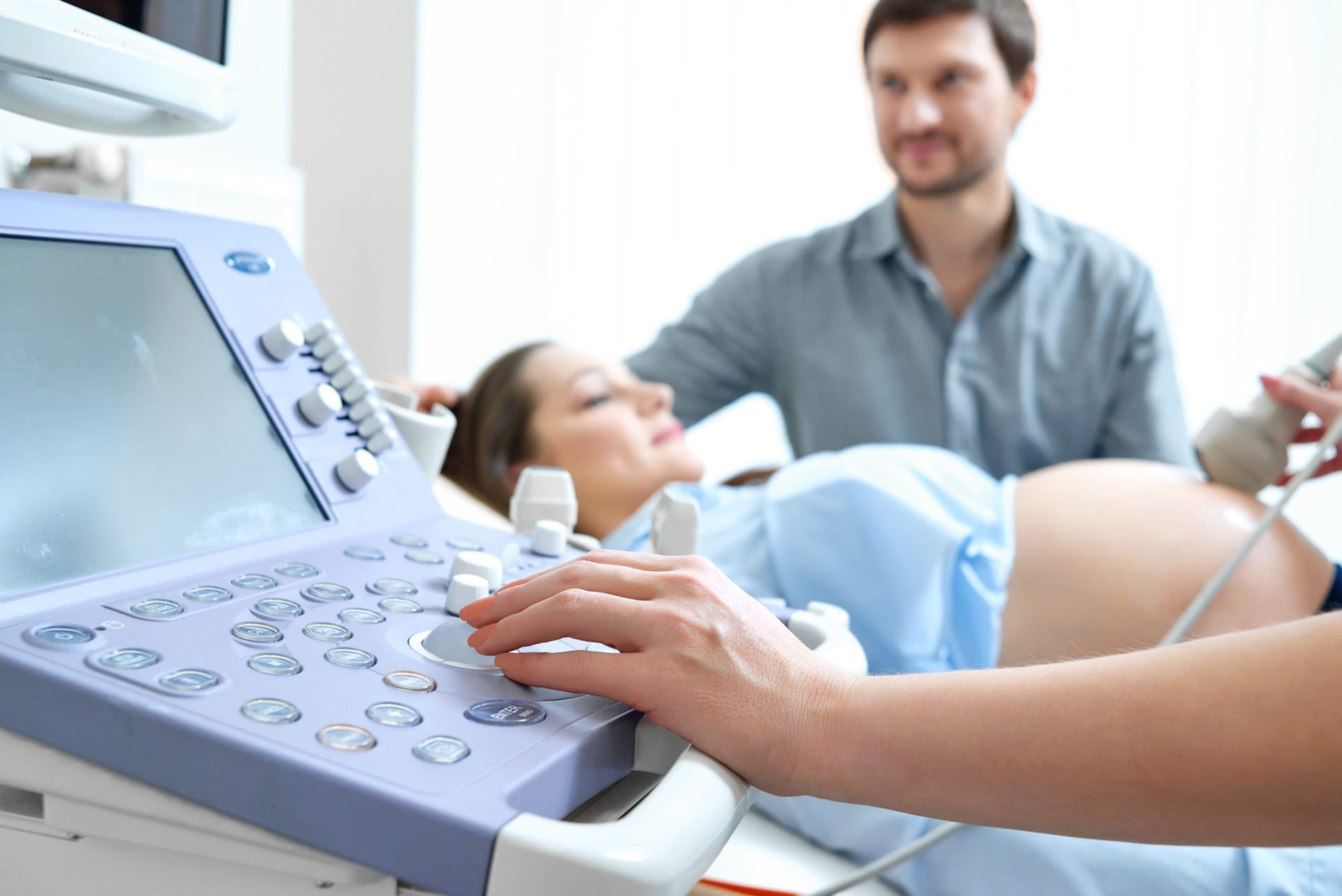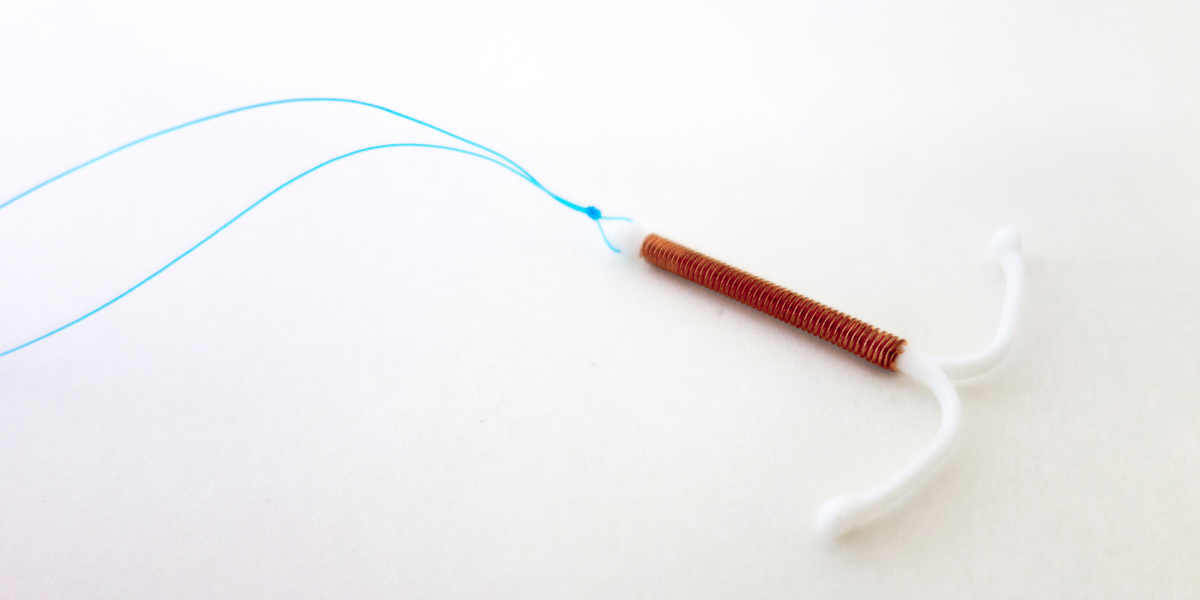YEA!!! This is my most favorite visit for my patients. We still do the basics, (weight and vital signs), but additionally this is the visit for your anatomy scan or Level II ultrasound.
For patients, this used to be known as the big reveal for gender discovery, but now with the advent of early genetic testing many patients already know their baby’s sex. For me, this visit is a critical insight into your baby’s well-being. This ultrasound is highly complex; your baby’s brain, face, heart, kidneys, and extremities will all be measured and examined. In addition, the fluid around the baby as well as the placenta and umbilical cord will be evaluated. Pretty detailed!
The majority of my patients have completely normal ultrasound exams and the visit with me after the scan tends to be fairly short. However, of those pregnancies that do have abnormalities, there are some findings that are more common. These include:
- Choroid plexus cyst(s),
- Intracardiac echogenic foci
- Fetal pylectasis
- Placental lakes
- Placenta previa
- 2-vessel umbilical cord
All of these words are pretty big concerns for patients, (OBVIOUSLY!), yet depending on etiology, may have little affect after delivery. Your physician will guide you in further management. I have provided links to updates for these concerns.
I mention these abnormalities, not to increase apprehension for those reading prior to their scan, but to provide context which may relieve anxiety if these findings are present. These are simply the more common anomalies I see.
It is around this time that patients consider signing up for prenatal courses. My hospital has quite a list of classes that may be a great deal of help in learning more about labor and delivery, breastfeeding and infant CPR. Some patients would like to pursue a “natural” childbirth, and learning Lamaze or Bradley techniques may be helpful. If interested, these classes may be a great resource for patients, especially if this is a first pregnancy.
Finally, I hope that the nausea and vomiting that may have been present in the first trimester is simply a bad memory. For those patients unable to tolerate nearly any dietary intake, a healthy diet may have become a casualty. But the majority of patients are now feeling back to normal and if that is the case, I strongly recommend full attention to your diet. I just can’t stress enough the role healthy eating plays in your infant’s well-being. Please ensure adequate intake of vegetables and lean proteins. Try to avoid sodas and foods with high carbs. Experiment with healthy options and learn different ways to prepare them. Your baby will thank you!
The next visit is in one month.




